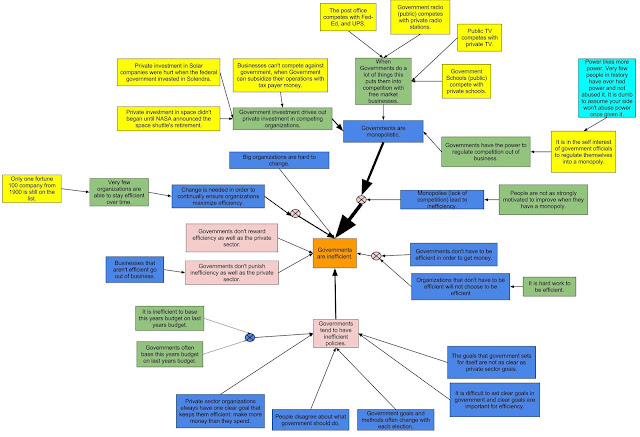For many Americans, it's more lucrative to stay unemployed and collect welfare entitlements than to work.

Welfare / Incentives Reasons to Agree: 🔗 Reasons Database Welfare Pays More Than Low-Wage Jobs – Some studies suggest that government assistance provides more disposable income than minimum-wage employment. Welfare Cliff Effect – Many welfare programs reduce benefits as income increases, sometimes at a rate that discourages full-time work. Labor Market Participation Decline – Expanded welfare benefits post-pandemic have correlated with a decrease in workforce participation in some sectors. Reasons to Disagree: 🔗 Reasons Database Many Welfare Recipients Already Work – Most able-bodied adults on welfare already have jobs but remain eligible due to low wages and high living costs. Work Requirements Exist in Most Programs – Programs like TANF and SNAP require work participation, limiting long-term dependency. Flawed Comparisons – Some studies compare gross wages to total welfare benefits, without factoring in taxes, childcare, and transportation costs. Evidence That Agrees: 🔗 Evidence S...





